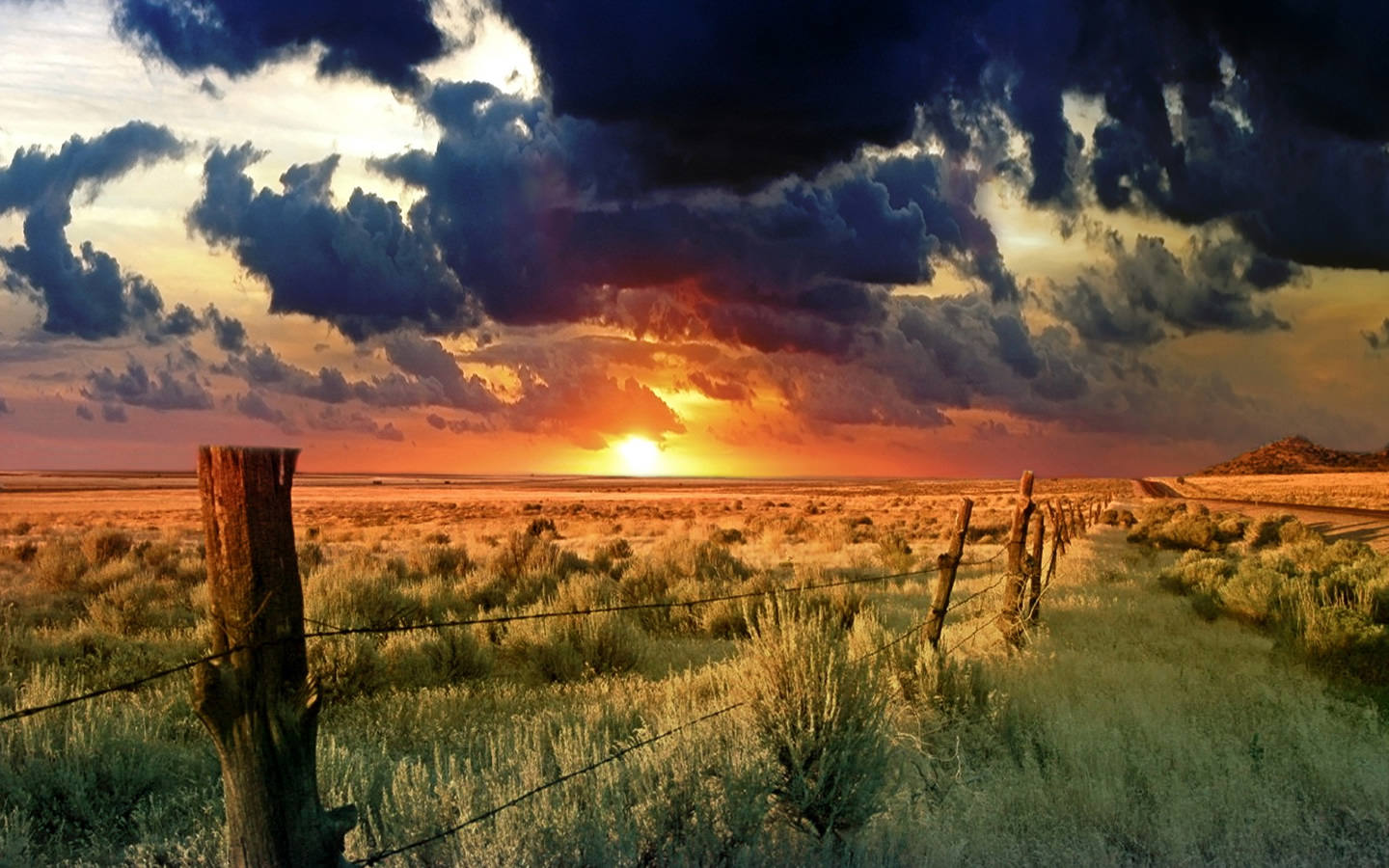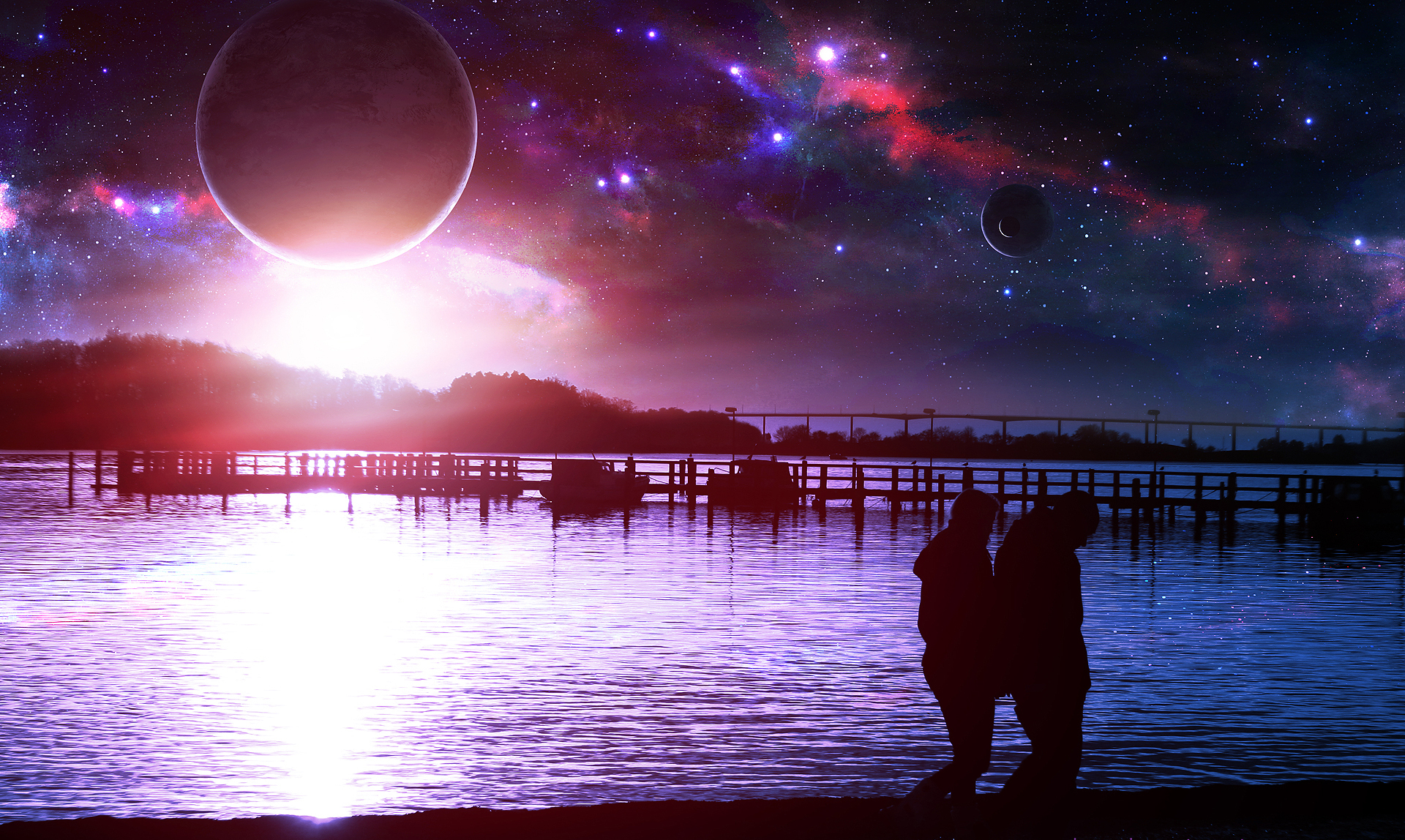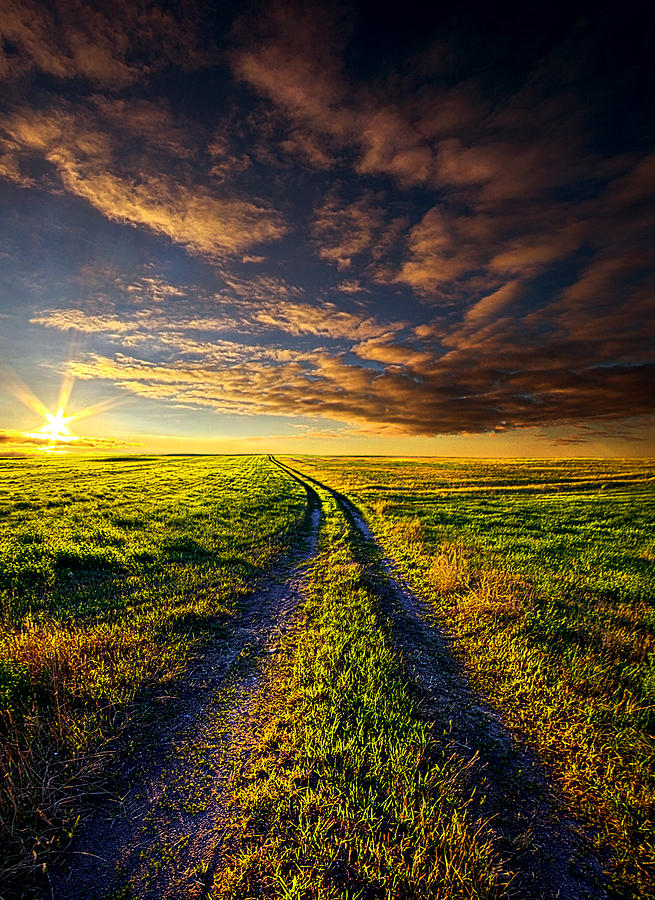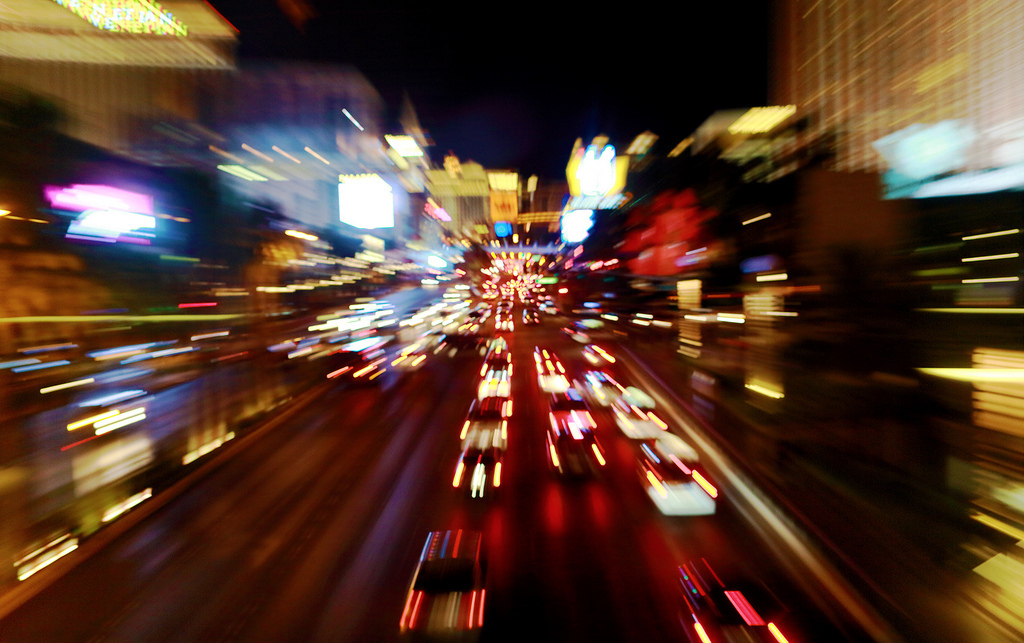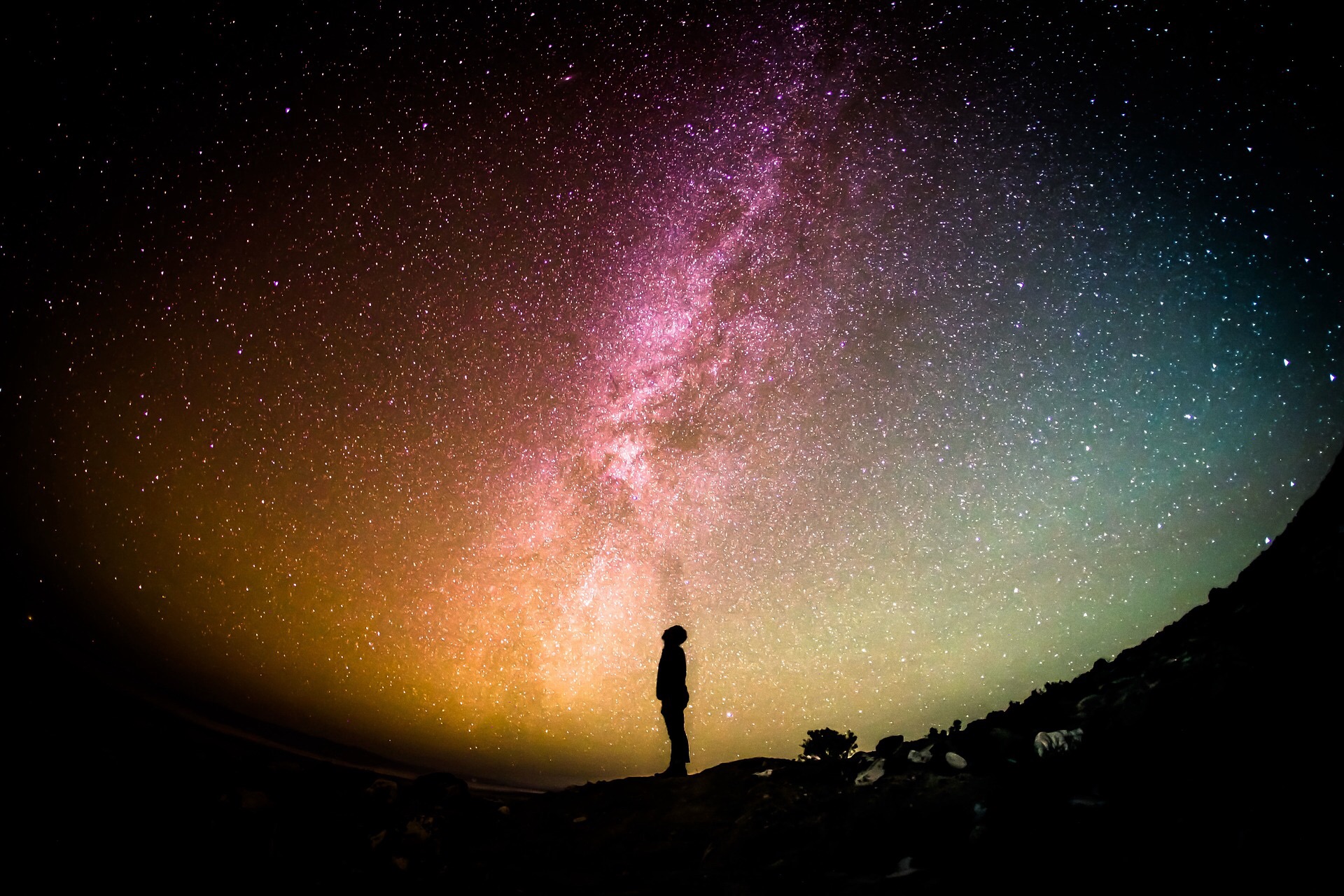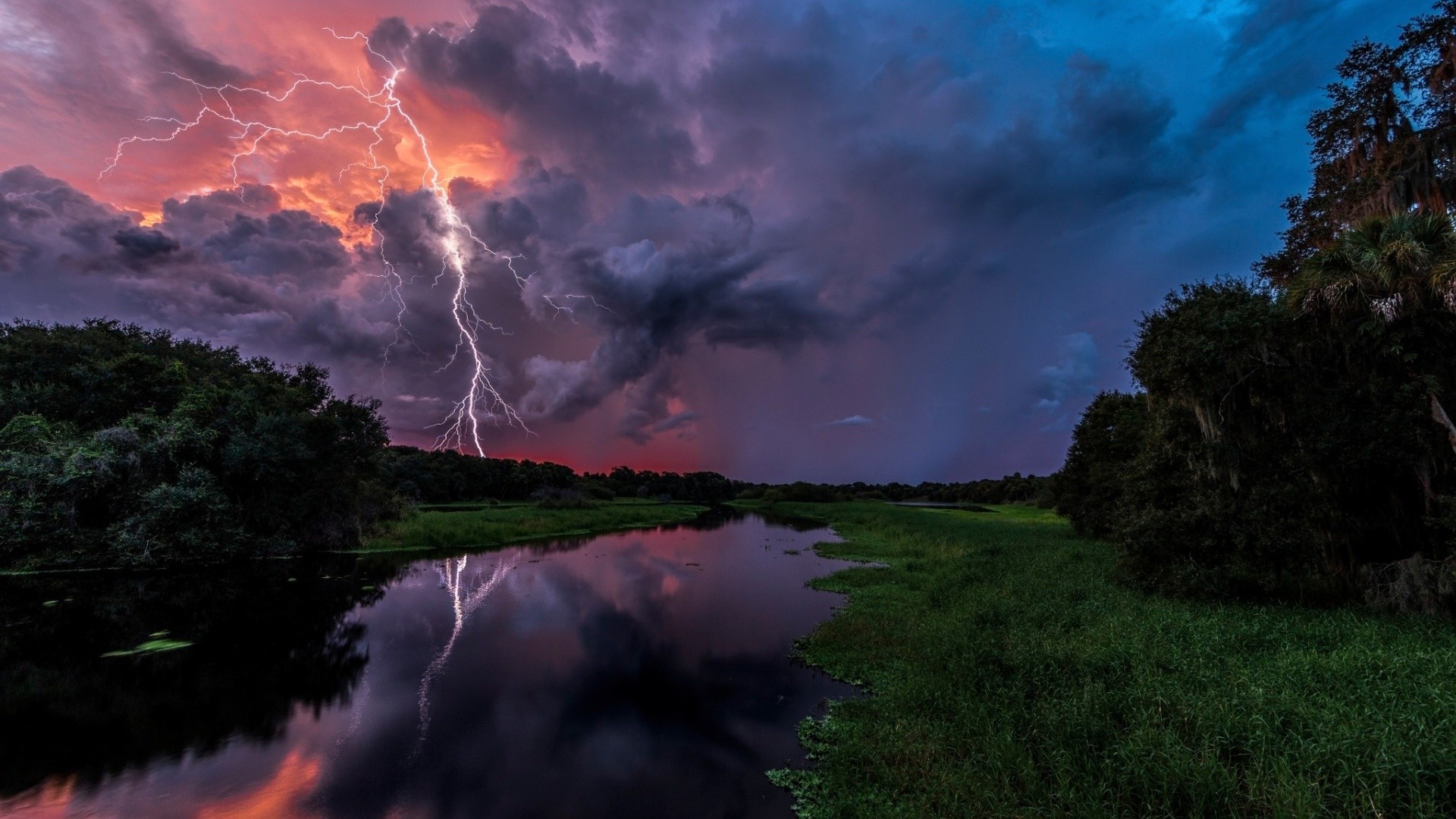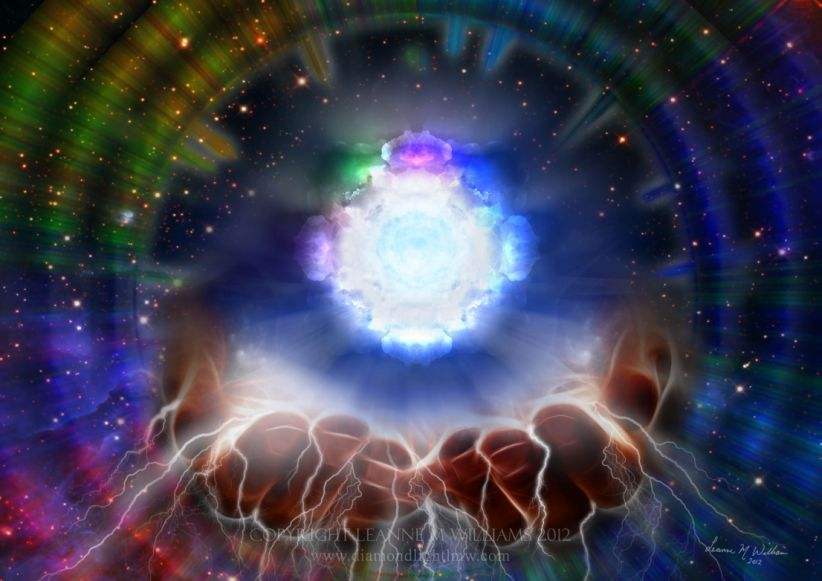Don’t Let The World Rush You
It seems that many people are in a rush these days, like we live in a ‘fast food’ society of instant gratification. From fast food joints, to driving on the highways where everyone is pushing around the next guy to get ahead, to the instant communication tools we have at our disposal in the form of smart phones, tablets, etc., speed is the name of the game. It even seems as if time is speeding up, which if you ask anyone else if this is the case in their own experience, most would agree so.
Also it seems as if there is a pattern we humans have built up to normalize this constant quickening pace of society and life. We have structured time and our work schedules to accommodate this ‘rush’ and speeding up effect. We have even labeled the term – rush hour, to describe the periods of the day when the demands of traffic and business are at there peak.
I guess there is nothing wrong with getting things done faster, or having faster service. Sometimes faster is better in fact depending on the situation. I don’t think it is necessarily a question of right or wrong, but more of a question of what and why. More of a question of awareness. What are you sacrificing as you rush through your day if indeed you do? Things to ponder.
As the old saying goes, ‘slow and steady wins the race’ or ‘stop and smell the roses’ is another popular one. Many times we rush to go somewhere or get something done that we forget important things in the course of doing so, and even sometimes have to start over. I’ve done it so many times myself I’ve lost count! It also just seems to me that everyone is in such a rush to get ahead of the next guy, or be the first one to get something done, that our society praises these types of people that do, so its no wonder why it’s the norm.
The other day for example we got hit with a snow storm and I just felt this pressure at one point in the day that I needed to go out and shovel because every one else was doing it, although I didn’t feel quite ready to yet. Maybe it’s just me, but it almost seemed like a race of who was going to get their area shoveled out first. There were people shoveling before the storm was even over. Like I said before, getting ahead is not a bad thing and in a lot of cases can be a good thing. A lot of times we can even miss out if we wait around too long.
So it’s a balance in my opinion. My main point is that we shouldn’t allow others to pressure us into the fast paced rush of the world that is becoming the norm these days. Of course we have to adapt, we all have deadlines and timelines to meet, especially regarding work. The problem lies in when we end up rushing through the things in life that don’t need to be rushed. It starts to affect, and infect all areas of our life.
The quality of our life experiences can take on the form of a blur, where it seems we also miss out. You hear people say it all the time, I can’t wait until… (insert blanket statement). But we end up missing out on the moment and being present when we approach life this way. It seems peoples patience has become shorter as well and many of us just want to rush off on vacation somewhere just so we can slow down and take our time. Maybe we should integrate this type of pace more into our daily lives when possible.
So again awareness is key, and in the rush of the fast paced flavor society has taken on these days, sometimes doing the opposite of what most others are doing and slowing things down can help us tremendously in ways we don’t yet see. So when you can, stop and take a deep breath or a few, take a long look around, smell the air, feel which way the wind is blowing, slow your motions down, take a drive in the slow lane, forget about time, let it all go by you and just observe without judgement.
I think I’ve said it before, but as one of my old martial arts teacher used to say, ‘the slower you go, the faster you’ll be’… I put my own spin on this and say, ‘the slower you go, the more aware you’ll be’.




